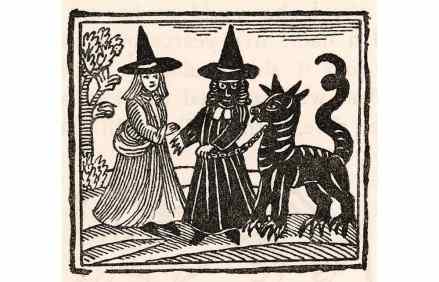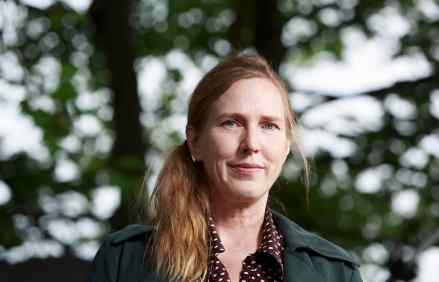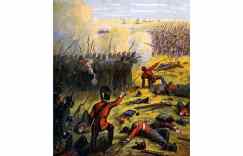A post-racial world: The Last White Man, by Mohsin Hamid, reviewed
Mohsin Hamid’s fifth novel opens with a Kafkaesque twist: Anders, a white man, wakes to find that he has turned ‘a deep and undeniable brown’. Unrecognisable to his entourage, he first confesses his predicament to Oona, an old friend and new lover. Similar metamorphoses begin to be reported throughout the country and violence ensues as pale-skinned militants stalk the streets. In its use of a speculative device, The Last White Man recalls Hamid’s 2017 Booker-shortlisted Exit West, in which migrants teleport through Narnia-like doors. Whereas his first three books played with narrative conventions – a trial framing Moth Smoke (2000), dramatic monologue in The Reluctant Fundamentalist (2007) and the self-help





















